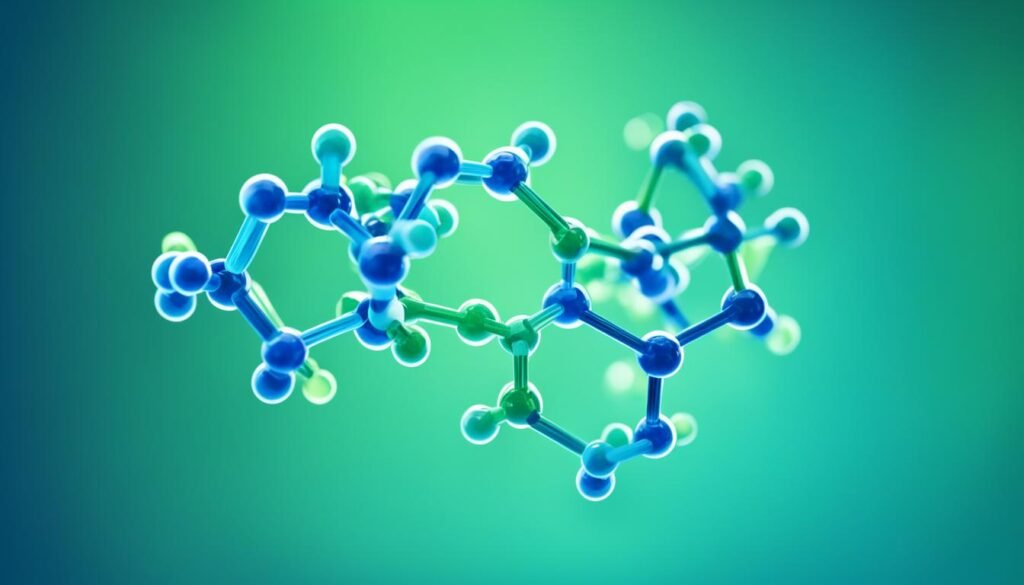Stress and anxiety can put a strain on our relationships, affecting our mental and physical well-being. But did you know that incorporating stress-busting hugs into your relationship can be a powerful way to ease overwhelm and strengthen your emotional connection?
Research has shown that physical affection, such as hugging, can have a profound impact on reducing stress and anxiety levels. Hugs have been found to lower cortisol levels, increase feelings of social support, improve mood, and enhance communication between partners. Additionally, hugs trigger the release of oxytocin, often referred to as the “love hormone,” which promotes relaxation and reduces stress.
By integrating stress-busting hugs into your relationship, you can effectively manage overwhelm and foster a healthier connection with your partner.
Table of Contents
ToggleKey Takeaways:
- Stress and anxiety in relationships can impact our well-being.
- Incorporating stress-busting hugs can reduce stress and strengthen emotional connections.
- Hugs lower cortisol levels and increase feelings of social support.
- Hugs trigger the release of oxytocin, promoting relaxation and reducing stress.
- By incorporating stress-busting hugs, you can foster a healthier relationship.
The Science of Hugs: How They Reduce Stress and Boost Well-being
Scientific research has provided insights into why hugs are effective in reducing stress and promoting well-being in relationships. Hugs stimulate the release of oxytocin in our bodies, a hormone known to promote feelings of trust, bonding, and relaxation. Oxytocin also helps reduce cortisol levels, the hormone responsible for stress.
Several studies have shown that hugging can lower cortisol levels and alleviate the physical and psychological symptoms of stress. In addition to hormonal changes, hugs also enhance feelings of social support and connection. When we hug, our brains exhibit reduced activity in areas associated with stress and increased activity in regions associated with rewards and maternal behavior. This shift in brain activity can contribute to improved mood and a sense of well-being.
“Hugging promotes better communication and understanding between partners. It helps create a sense of intimacy and closeness, leading to improved emotional connection and reduced feelings of stress and overwhelm.”
Overall, the scientific evidence supports the positive effects of hugs on reducing stress and boosting well-being in relationships. Incorporating regular hugging sessions and embracing physical affection can be a valuable tool for managing stress, fostering emotional connection, and promoting a healthier, more satisfying relationship.
The Effects of Hugs: A Summary
| Hugging Benefits | Explanation |
|---|---|
| Reduces Stress | Hugs lower cortisol levels and alleviate stress symptoms. |
| Promotes Relaxation | Oxytocin release during hugs induces a sense of trust and relaxation. |
| Enhances Emotional Connection | Hugging fosters intimacy, closeness, and improved communication. |
| Improves Mood | Increased oxytocin and reduced stress contribute to better overall mood. |
| Facilitates Social Support | Hugging provides a sense of support and connection. |
By understanding the science behind hugs and their impact on our well-being, we can actively incorporate this simple yet powerful gesture into our relationships to reduce stress, strengthen connections, and enhance overall happiness.

Incorporating Stress-Busting Hugs into Your Relationship
Now that we understand the benefits of stress-busting hugs, it’s important to explore how to incorporate them into your relationship. Start by setting aside dedicated time for physical affection and intimacy-building activities. This can include regular hugging sessions, cuddling, or engaging in activities that promote touch and connection, such as massage or dance.
It’s also important to communicate openly with your partner about your desire for stress-busting hugs and the benefits you hope to experience. This communication can foster a shared understanding and commitment to incorporating touch into your relationship.
Finally, be mindful of the power of touch and the impact it can have on your well-being. Use hugs as a tool for relaxation, stress reduction, and emotional connection. Focus on being present in the moment and fully embracing the physical and emotional sensations that come with each hug. By intentionally incorporating stress-busting hugs into your relationship, you can create a more resilient and satisfying connection with your partner, easing overwhelm and promoting overall well-being.

